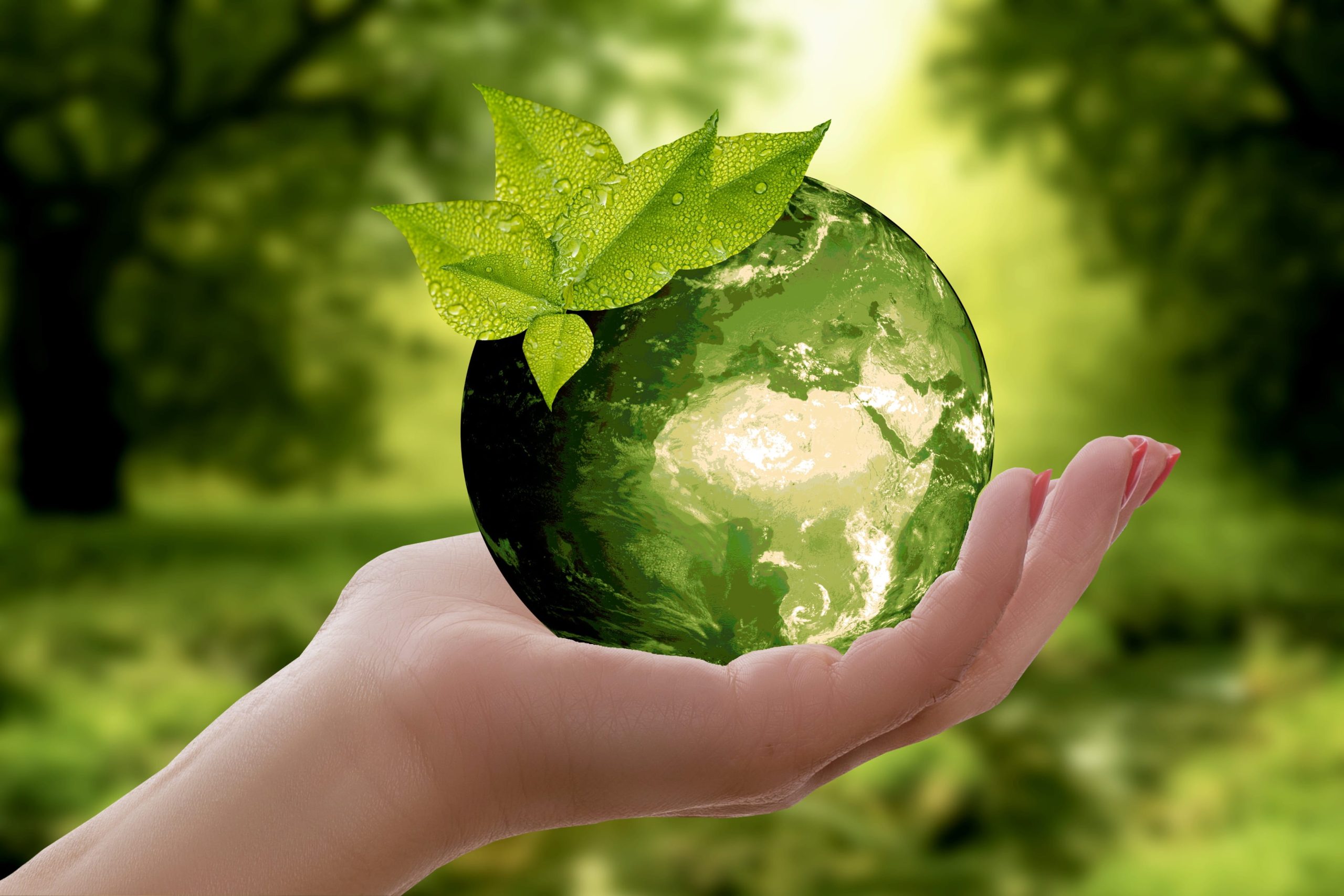Achieving a more sustainable lifestyle doesn’t have to be costly or complicated. By making a few simple changes, you can play your everyday part in protecting the planet and its natural resources.
If you’d like to live more sustainably, here are five easy ways to minimize your environmental impact.
- Conserve Water
One simple way to become more sustainable is to take steps to conserve one of the world’s most precious resources – water. Billions of people worldwide face water scarcity, and everyone can play their part in lowering consumption to help reduce the shortage.
Taking shorter showers, switching to baths, and turning off the tap while brushing your teeth are easy ways to save water. Plus, you can go even further by checking your pipes for leaks and waiting until you have a full load before running the washing machine or dishwasher.
- Sell, Donate, and Recycle Old Clothing
Many people have clothing they no longer wear but still hang on to. Rather than having a huge clear-out and throwing away items you don’t want, you can put pre-loved clothing to good use.
Give clean, undamaged items a second lease on life by donating them to charities or even selling them online via eBay or through one of the many dedicated selling apps. This way, you can make some money and help the planet at the same time! Items that aren’t suitable for donation can be given to a specialist textile recycling facility instead.
- Support Eco-Friendly Companies and Brands
Lots of companies and brands now take sustainability seriously. From investing in wildlife protection projects to reducing plastic waste by offering recyclable cups and reusable branded water bottles, firms are introducing measures to minimize their impact on the environment.
Do a little research online, and if you find a company whose eco-values align with yours, show your support by making a purchase or sharing their content with your followers on social media.
- Switch to Organic and Fairtrade
Organic farming promotes the use of natural fertilizers and other techniques that protect the wider environment, while Fairtrade standards set out a range of sustainability requirements for participating farmers and producers.
These practices and regulations cover areas such as soil health, biodiversity protection, and limiting the use of chemicals. Therefore, choosing products with organic accreditation or a Fairtrade label is a good way to live more sustainably while encouraging responsible farming and production.
- Carry Out Your Own Sustainability Audit
Sustainability audits are popular among businesses, offering the chance to take a realistic snapshot of their environmental footprint. In the same way as companies, you can carry out your own informal audit by looking at your daily activities and asking yourself where you can make small changes that can have a significant cumulative effect.
Set yourself goals for recycling or other sustainability measures and add a level of accountability by sharing your progress on social media. Also, you could make the process more fun by involving your family, friends, and coworkers.
Hopefully, this article has given you some ideas for transitioning towards a more sustainable lifestyle. Once you start to make sustainability part of your daily life, you’ll find there are lots of positive, simple steps you can take to minimize your environmental impact.

